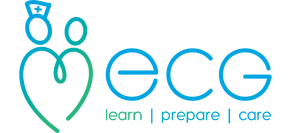Someone with parental responsibility can consent for vaccinations for children under 16. This could be:
- the child’s mother or father
- the child’s legally appointed guardian
- a person with a residence order concerning the child
- a local authority designated to care for the child
- a local authority or person with an emergency protection order for the child
When obtaining consent for vaccinations for a Looked After Child (LAC) this can sometimes be a ‘grey area’ as healthcare professionals need to determine who has parental responsibility or ‘delegated authority’ to consent to vaccinations. A local authority acquires parental responsibility (shared with anyone else with parental responsibility) while the child is subject to a care or supervision order. If a child is fostered then foster carers are sometimes given delegated authority, delegated authority means allowing foster carers to make day-to-day decisions about a looked after child in their care. It is important, before you vaccinate the child, that the consent is valid and the person consenting has legal responsibility for that child. If a foster carer hasn’t been given delegated authority then the consent needs to be given by the child’s social worker.
With regards to consent, foster carers do not have parental responsibility but should have delegated authority/decision-making power for consent for most treatments. Each situation is different but as a rule foster carers should be able to sign consents for routine medicals, eye and sight tests and routine dental examinations. Foster carers should be given delegated authority wherever possible to consent to immunisations but foster carers will very rarely have parental responsibility.
Research consistently shows that the health of many children and young people in foster care is poorer than that of their peers therefore it’s imperative that the looked after child completes their childhood vaccines as per the immunisation schedule.
Can anyone else get Parental Responsibility?
- Through Residence or Parental Responsibility Orders, people such as grandparents, family relatives and an adult who has lived with the child for a specified period of time.
- Guardians appointed on the death of a parent acquire Parental Responsibility in certain circumstances e.g., on the death of any surviving parent.
When a child is adopted, the adoptive parents are the child’s legal parents and automatically acquire parental responsibility.
To conclude, as a vaccinator, it’s imperative to check firstly that the consent is valid when vaccinating children but also to check the legal guardianship of the person consenting. If the person giving consent writes ‘foster carer’ then this doesn’t mean that they automatically have delegated authority to consent to vaccinations so this is something you need to check before you vaccinate that child. It’s also important not to single out looked after children when confirming consent as you want the child to trust you and to make the vaccination process as stress free as possible.
Laura Oakley, Clinical Development Manager, ECG Training, Wednesday 23rd January 2022
References
Consent to treatment – Children and young people – NHS (www.nhs.uk)
Health and foster care | The Fostering Network
http://hscchildcareprocedures.gov.gg/article/118361/Delegated-Authority
https://frg.org.uk/get-help-and-advice/a-z-of-terms/delegated-authority/
https://www.bma.org.uk/media/1840/bma-parental-responsibility-oct-2008.pdf

